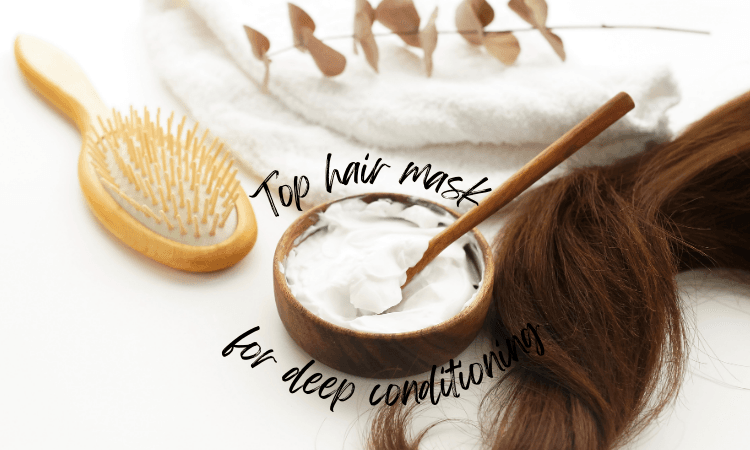Dry and flaky skin is a common issue caused by factors like weather, improper skincare, or health conditions. While commercial products often promise relief, many contain harsh chemicals that may aggravate the problem. Natural remedies offer a gentler, more effective alternative, addressing dryness while nourishing and protecting the skin. This guide highlights simple, natural solutions and lifestyle changes to help restore moisture and improve skin health.
Hydration is Key
Keeping your skin hydrated is the foundation for addressing dryness. Without adequate moisture, your skin struggles to stay healthy and supple.
Drink Plenty of Water
Staying hydrated from the inside is crucial for maintaining your skin’s elasticity and moisture. Aim for at least eight glasses of water a day. For added benefits, incorporate hydrating foods like watermelon, cucumbers, and oranges into your diet.
Use Aloe Vera Gel
Aloe vera is known for its soothing and hydrating properties. Applying pure aloe vera gel can reduce irritation and improve the skin’s moisture levels. Products like Nature Republic Aloe Vera Gel are affordable and effective for everyday use.
Humidifiers for Indoor Moisture
Indoor heating can dry out the air, worsening skin dryness. A humidifier helps maintain indoor humidity, preventing moisture loss from your skin. Consider investing in a high-quality humidifier like the Dyson Purifier Humidify+Cool, which also purifies the air.
Nourish Your Skin with Oils
Natural oils provide deep hydration and create a barrier to lock in moisture. They’re versatile and can be tailored to your skin’s needs.
Coconut Oil
Coconut oil is a favorite for many because of its deep moisturization and antibacterial properties. Apply virgin coconut oil after a shower to seal in moisture and protect your skin from dryness.
Jojoba Oil
Jojoba oil closely mimics the natural oils produced by your skin, making it a great choice for all skin types. It’s lightweight and non-comedogenic, meaning it won’t clog your pores. Use a few drops before bedtime, such as Desert Essence Jojoba Oil, to keep your skin hydrated overnight.
Argan Oil
Rich in Vitamin E and fatty acids, argan oil is perfect for softening rough, dry patches. Massage a small amount onto your skin after cleansing. The Ordinary 100% Organic Argan Oil is a trusted option that delivers results without breaking the bank.
Exfoliation for Flake-Free Skin
Removing dead skin cells is essential to keep your skin smooth and prevent flaky patches. However, exfoliation must be done gently to avoid irritation.
Oatmeal Scrubs
Oatmeal is a natural exfoliant that soothes and softens the skin. To make a DIY oatmeal scrub, mix ground oats with honey and apply in gentle circular motions. This combination also helps lock in moisture.
Sugar and Olive Oil Scrub
A mix of sugar and olive oil is an effective and simple exfoliator. The sugar removes dead skin cells, while the olive oil hydrates the newly revealed skin. Use this scrub once or twice a week for best results.
Store-Bought Exfoliators
If DIY isn’t your thing, opt for mild exfoliators with natural ingredients. Products like Aveeno Positively Radiant Scrub provide gentle exfoliation while being safe for sensitive skin.
Moisturize Effectively

The right moisturizer can make all the difference when it comes to keeping your skin hydrated and preventing dryness.
Choose Natural Moisturizers
- Shea butter: This rich moisturizer is ideal for very dry areas like elbows and knees.
- Glycerin-based creams: These are great for locking in moisture and keeping your skin supple.
- Ceramide-enriched products: Help repair the skin barrier for long-lasting hydration.
Layer Your Products
For maximum hydration, apply products in layers. Start with a lightweight hydrating serum, like hyaluronic acid, and follow with a heavier cream or oil.
Time Your Application
Moisturizers work best when applied to damp skin. Pat your skin dry after cleansing and immediately follow with a hydrating product.
Diet and Lifestyle Changes
What you eat and how you live play a significant role in your skin’s health. Simple adjustments can make a big impact.
Healthy Fats in Your Diet
Omega-3 fatty acids are essential for maintaining skin hydration and elasticity. Add fatty fish like salmon, walnuts, chia seeds, and flaxseeds to your meals. These foods nourish your skin from within.
Avoid Harsh Soaps
Many soaps strip the skin of its natural oils, exacerbating dryness. Switch to gentle cleansers like Cetaphil Gentle Skin Cleanser or Dove Sensitive Skin Beauty Bar. Look for products labeled “fragrance-free” and “soap-free.”
Regular Sleep and Stress Management
Stress and lack of sleep can impair your skin’s ability to retain moisture. Aim for at least 7–8 hours of sleep nightly. To manage stress, try yoga, meditation, or even a simple breathing exercise before bed.
Targeted Treatments
For stubborn dry patches or specific problem areas, additional treatments can help rejuvenate your skin.
Honey Masks
Honey is a natural moisturizer, meaning it draws moisture to the skin. Apply a thin layer of raw honey to your face and leave it on for 15-20 minutes before rinsing. This treatment is particularly effective for sensitive skin.
Milk Baths
Milk contains lactic acid, which gently exfoliates while hydrating the skin. Add a few cups of full-fat milk to your bathwater and soak for 15–20 minutes for softer, smoother skin.
Cucumber Slices for Irritated Areas
If your skin feels inflamed, cucumber slices can provide instant relief. The cooling effect reduces redness and hydrates the skin naturally.
Conclusion
Achieving healthy, hydrated skin requires consistent care and natural remedies. By using oils, gentle exfoliation, and hydration practices, you can restore moisture and improve skin texture. Natural solutions not only address symptoms but promote long-term skin health, offering a safer, more sustainable approach to skincare.



